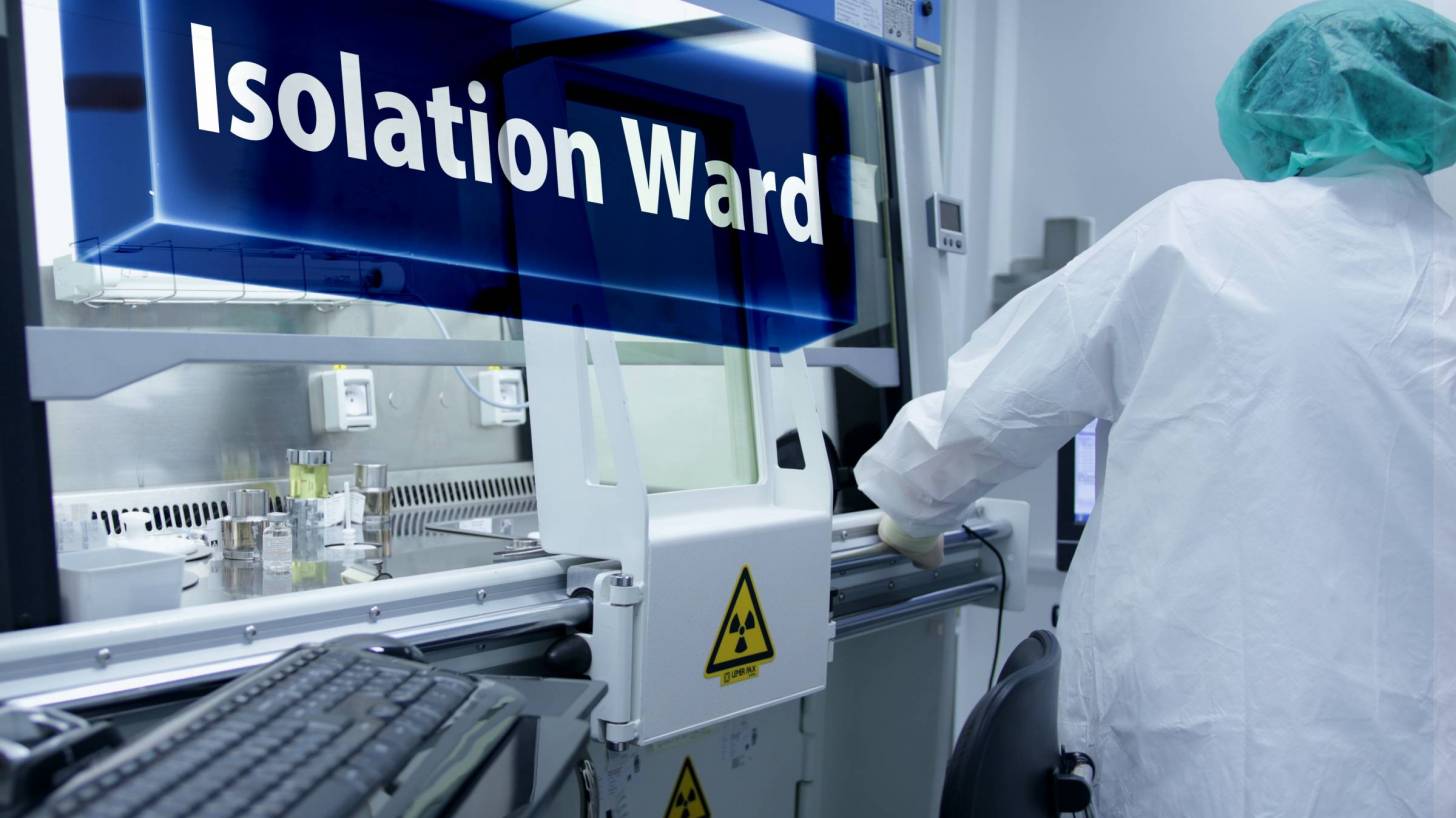BiPAP and CPAP Machines Helping COVID-19 Patients Breathe Better

New York's Governor Andrew Cuomo said ‘local doctors made extra ventilators from breathing machines for people with conditions like sleep apnea.’
"Northwell developed an idea to use a BiPAP machine," Gov. Cuomo said. "We've ordered 7,000 of those. ... We're working and figuring it out."
As of March 31, 2020, these New York hospitals, have not run out of traditional ventilators, but are preparing for a possible "mega-tsunami" of coronavirus cases, said Dr. Hugh Cassiere to FOX Business.
According to data sources, U.S. hospitals have an estimated 162,000 ventilators, and there might be an additional 15,000 available from the federal Strategic National Stockpile.
However, since the estimates are that some 900,000 ventilators may be needed at a time of peak demand by COVID-19 patients unable to breathe for themselves, the outlook for hospitals and individual healthcare providers appears challenging.
Dr. Cassiere and his colleagues at Northwell Hospital converted their fleet of Philips Respironics V60 BiPAP machines into respirators by adding 3D-printed adapters so patients can be intubated.
"Everything that needs to be done is built into that machine," Dr. Cassiere said.
BiPAP is one type of positive airway pressure (PAP), a non-invasive machine that is commonly used to maintain a consistent breathing pattern at night or during symptom flare-ups in people with sleep apnea.
The BiPAP breathing machine is not the only mature device being enhanced to help meet the expanding demand in New York, and around the world.
The key component to converting the BiPAP machine is a small, plastic T-piece adapter.
“We were able to imitate the design of the T-piece adapter and print the plastic-resin piece with our 3D printers,” said Todd Goldstein, Ph.D., director of 3D Design and Innovation at Northwell Health.
“If the need arises, we would be able to print 150 adaptors in 24-hours.”
In an effort to help other hospital systems across the nation, Northwell Health will share the new protocols to convert the BiPAP machine as well as share the T-adapter 3D print design online.
In addition to the T-piece adaptor, modifications to the BiPAP machine include the addition of two high-efficiency particulate air (HEPA) filters at both ends of the oxygen hose to alleviate fears of spreading the virus.
They are also recommending using a blind reservoir connected to the last HEPA filter in the circuit.
On March 22, 2020, the U.S. Food and Drug Administration (FDA) took aggressive steps to increase the availability of ventilators and other respiratory devices, to support patients with respiratory failure or difficulty breathing.
The FDA authorized the use of Continuous Positive Airway Pressure (CPAP) and similar devices to help cover the forecasted shortage.
FDA Commissioner Stephen Hahn, M.D. said: “The FDA’s message is clear: If you want to help expand the production of ventilators to save American lives in this pandemic, we are going to work with you to sweep every possible barrier out of your way.”
Northwell Health is New York State’s largest health care provider and private employer, with 23 hospitals, about 750 outpatient facilities, and more than 13,600 affiliated physicians.
CPAP and BiPAP breathing device news published by Precision Vaccinations.
Our Trust Standards: Medical Advisory Committee
- Coronavirus inspires NY hospital system to make backup ventilators from sleep apnea machines
- Northwell Health Converts BiPAP Machines Into Ventilators for Hospitalized COVID-19 Patients, Uses 3D Printed Adapter
- FDA: Ventilator Supply Mitigation Strategies: Letter to Health Care Providers
- Respironics V60 Non-invasive ventilator
- CPAP Machines Embraced For COVID-19 Patients

